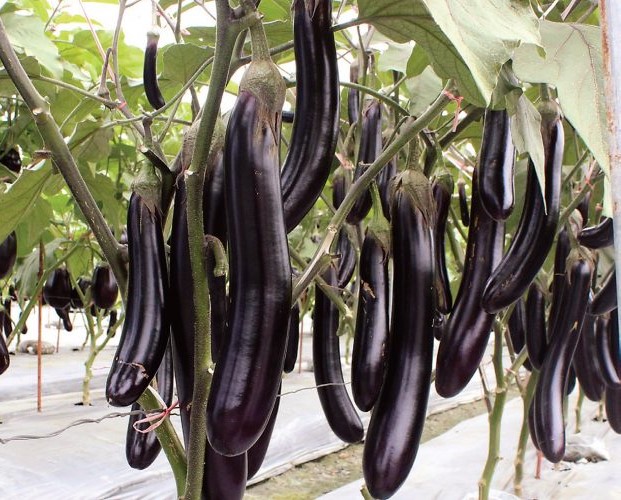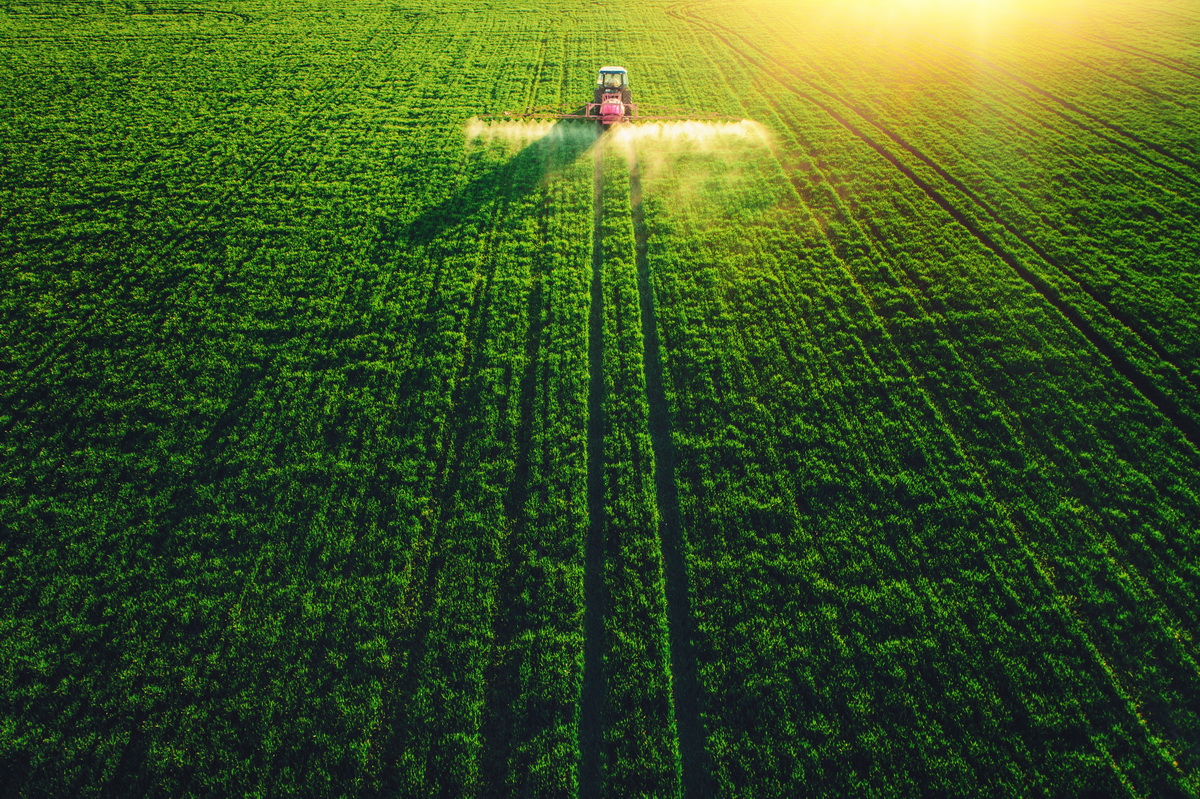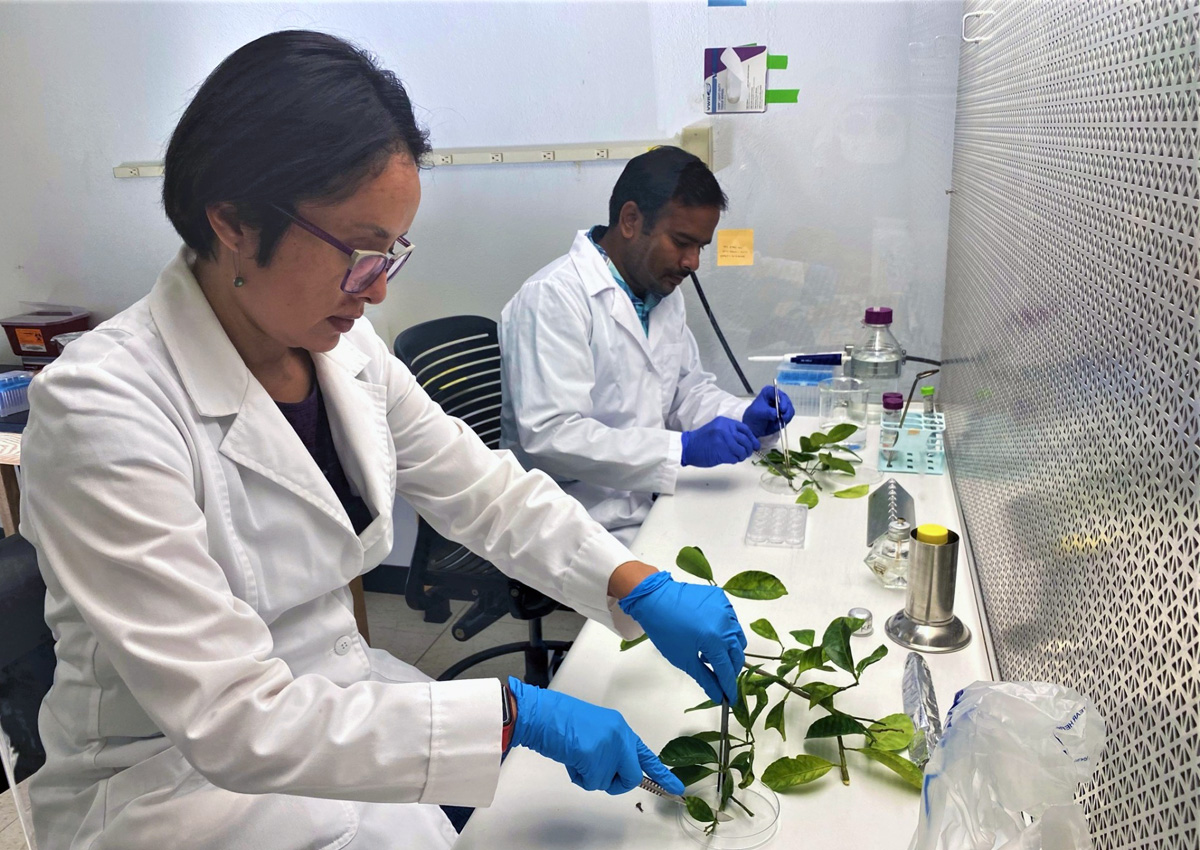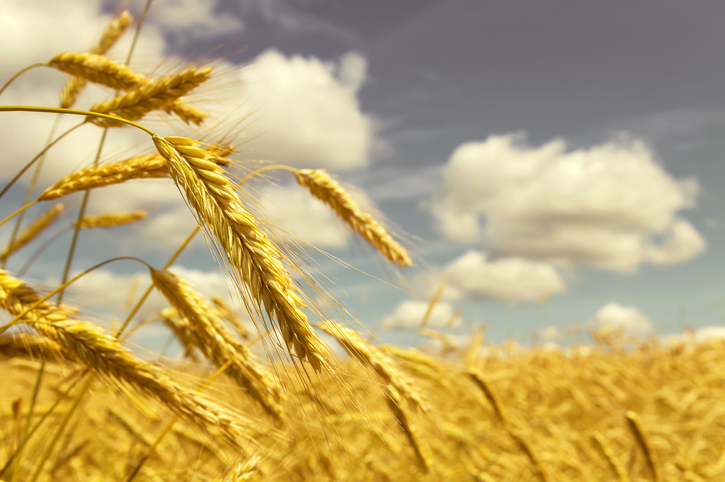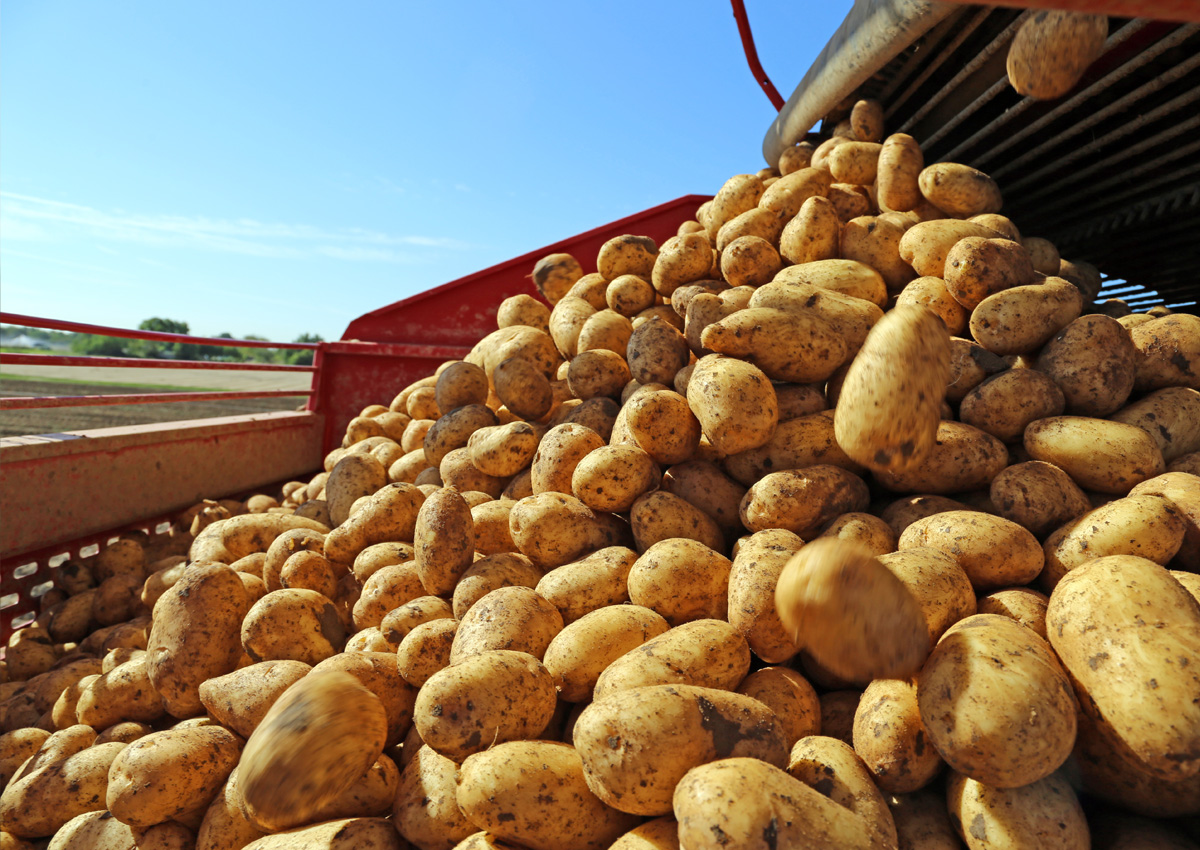 Nancy Kavazanjian
Nancy Kavazanjian
Topics: Vegetables, CRISPR/Gene Editing,
CRISPR Alters Onion for the First Time
Scientists from the Directorate of Onion and Garlic Research in India and Iowa State University are reporting for the first time about the successful application of CRISPR-Cas9 to alter an onion trait. Their work provides supporting evidence for further basic and applied molecular and breeding research work on onions.
-
(0)
-
Bookmark
- Comments (0)
 Nancy Kavazanjian
Nancy Kavazanjian
Topics: Vegetables, Research, Ag Asia / Pacific, Biotech,
Filipino Research Team Presents First Publicly Available Data on Field Performance of Bt Eggplant in Asia
Eggplant is one of the most important and profitable vegetables in the Philippines. It accounts for more than 30% of the total volume of vegetable production in the country. Eggplant farming provides resource-poor Filipino farmers with a better source of income. The biggest threat for eggplant produ
-
(0)
-
Bookmark
- Comments (0)
07/06/2022 SOURCE: www.isaaa.org
In 2021, a study in Finland assessed just how global food production will be affected if greenhouse gas emissions are left uncut. The study revealed that by the end of the century, rapid, out-of-control greenhouse gas emissions may lead to more than a third of current global food production falling
How CRISPR Helps Mitigate the Effects of Climate Change
-
(0)
-
Bookmark
- Comments. (0)
07/05/2022 SOURCE: www.isaaa.org
What can gene editing experts learn from communicating genetic modification? What is the right strategy towards public acceptance? These are just some of the questions answered in the chapter Communicating Genome Editing: Editing the Bloopers from the Past Science Communication Strategies authored b
From Bloopers to Breakthroughs: Science Communication Strategies for Gene Editing
-
(0)
-
Bookmark
- Comments. (0)
02/22/2022 SOURCE: www.isaaa.org
As the world's population grows, the demands for agriculture keep increasing. Agriculture is the primary source of the world's food supply, and every country depends on it not only for food but also for feed, fiber, and fuel. However, modern agriculture, including food and feed production and distri
5 Ways Biotech Crops Slow Down Climate Change
-
(0)
-
Bookmark
- Comments. (0)
 Randy Krotz
Randy Krotz
Topics: Agriculture US, Agriculture Global, GMO's, Biotech, Climate Change,
5 Ways Biotech Crops Slow Down Climate Change
As the world's population grows, the demands for agriculture keep increasing. Agriculture is the primary source of the world's food supply, and every country depends on it not only for food but also for feed, fiber, and fuel. However, modern agriculture, including food and feed production and distri
-
(0)
-
Bookmark
- Comments (0)
 John LaRose Jr.
John LaRose Jr.
Topics: Agriculture US, Education U.S. SouthWest, Crop Diseases, Research, Ag Innovation,
Texas AgriLife Makes Breakthrough in Fight Against Plant Diseases
Researchers from Texas A&M AgriLife have made a discovery that will help fight fastidious pathogens costing U.S. agriculture billions of dollars annually. For years, research scientist and associate professor Dr. Kranthi Mandadi and his colleagues at the Texas A&M AgriLife Research and Extension in Weslaco have been working on developing new biological technologies to fight fastidious or
-
(0)
-
Bookmark
- Comments (0)
 John LaRose Jr.
John LaRose Jr.
Topics: GMO's, Research, Government / Policies, Ag Australia/NZ,
Australian OGTR Invites Public Comments on GM Clover Field Trial
The Australian Office of the Gene Technology Regulator (OGTR) invites comments from the public to assess license application DIR 176 from PTM Solutions Australia Pty Ltd to conduct a field trial of white clover genetically modified for increased condensed tannins in leaves.
-
(0)
-
Bookmark
- Comments (0)
 John LaRose Jr.
John LaRose Jr.
Topics: Wheat, CRISPR/Gene Editing, Genes /Genetics, World Hunger, World Population,
Genome Editing of Wheat Alters Spike and Grain Characteristrics
Researchers from Chinese Academy of Agricultural Sciences used CRISPR-SpCas9 to edit wheat TaAQ and TaDq, transcription factors that are vital in the evolution of the spike characteristics from wild and domesticated emmer to modern wheat cultivars. The findings are released in the Journal of Genetics and Genomics.
-
(0)
-
Bookmark
- Comments (0)
 Nancy Kavazanjian
Nancy Kavazanjian
Topics: Potatoes, Genes /Genetics, Biotech,
Scientists Identify New Resistance Gene to Potato Disease that Caused Irish Famine
Late blight, the most important and most destructive pathogen of potato, was caused by the microorganism Phytophthora infestans. Late blight is the disease that caused the Irish Famine of the 1840s and still one of the most serious threats to potato production that causes significant economic losses globally.
-
(0)
-
Bookmark
- Comments (0)



